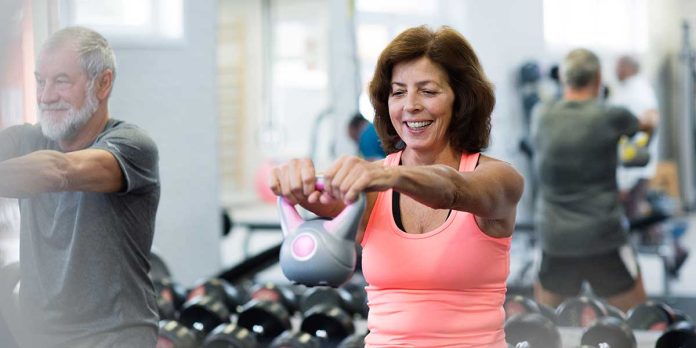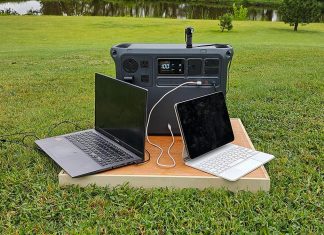Integrating physical movement into a patient’s daily routine is an essential strategy
to combat chronic illness and ensure a healthier future for South Carolinians.
A new collaborative research study from USC Brain Health and the Arnold School of Public Health goes one step further by examining how consistent,
physical exercise can also help combat cognitive decline and improve overall neurological
health.
Working with individuals with or at risk of cognitive impairment, USC Brain Health Fitness provides both in-person and distance exercise options. Participants are given the
tools to combat common risk factors and support healthy weight, blood pressure and
cholesterol levels, and increase social interactions.
“What we’re doing is more than just research and physical training,” says Elizabeth
Regan, program leader and clinical assistant professor at the Arnold School of Public
Health. “We’re offering people a sense of control during what can be a frightening
time in their lives.”
Tailored pathways, stronger results
According to a 2024 Lancet report on dementia prevention, intervention and care, there are 14 specific, manageable
risk factors that individuals can address in their daily lives to prevent or delay
about 45 percent of dementia cases.
“A lot of what we consider age-related decline in movement is actually just lack of
use,” Regan says. “You can get stronger and more flexible throughout your entire lifetime.”
After referral from USC’s Brain Health Network, participants, who range in age from
their early 60s to 80s, take part in two exercise sessions per week. Tailored to their
individual needs and capabilities, each session focuses on both cardiovascular and
resistance exercises to improve blood flow to the brain and potentially slow or reverse
cognitive decline.
To track exercise dosage and intensity, participants wear Fitbits and undergo comprehensive
assessments of strength, fitness and perception of cognitive function every three
months.
“We were designed to move,” says Shawn Arent, professor and chair of the USC Arnold
School of Public Health Department of Exercise Science. “This program utilizes that
concept to advance the importance of exercise and physical activity.”
The program is already yielding powerful results, with participants reporting a renewed
sense of control, increased physical strength and improvements in overall well-being.
“Not only does USC Brain Health Fitness have the ability to advance our understanding
of the role of exercise in preserving both brain and physical health, but it also
has the capacity to immediately impact the lives of the participants,” says Arent.
Hands-on, compassionate care
What sets USC Brain Health Fitness apart is more than its science-backed approach
— it’s the human connection at the heart of the program.
“We’re not just collecting data,” Regan notes. “We’re building relationships and creating
an environment where participants feel supported and empowered.”
Under Regan’s mentorship, Collin Cochcroft, a recent graduate of the university’s
exercise science program and a certified personal trainer, works directly with participants,
providing personalized support and guidance.
As one of the program’s front-line innovators, he designs individualized exercise
plans, conducts training sessions, collects data and provides one-on-one support.
“Some participants have never exercised before, or haven’t in 30-50 years,” Cochcroft
notes. “A big part of our work is building their confidence. When I hand them weights,
they often say, ‘I can’t do that,’ but once they try, they realize they’re capable
of so much more.”
Looking ahead, the USC Brain Health Fitness team is focused on scaling the program
to reach even more individuals in need. Their goal is to take the success they’re
seeing now and bring it to communities across the Palmetto State.
The team is also exploring how to broaden the program’s impact by including a vital
yet often overlooked group: caregivers.
“We’re not just thinking about the health of the participants,” Regan adds. “We hope
to expand to include caregivers, as they often experience immense physical and emotional
tolls while caring for loved ones with cognitive impairments.”

“We’re not just collecting data. We’re building relationships and creating an environment
where participants feel supported and empowered.”







